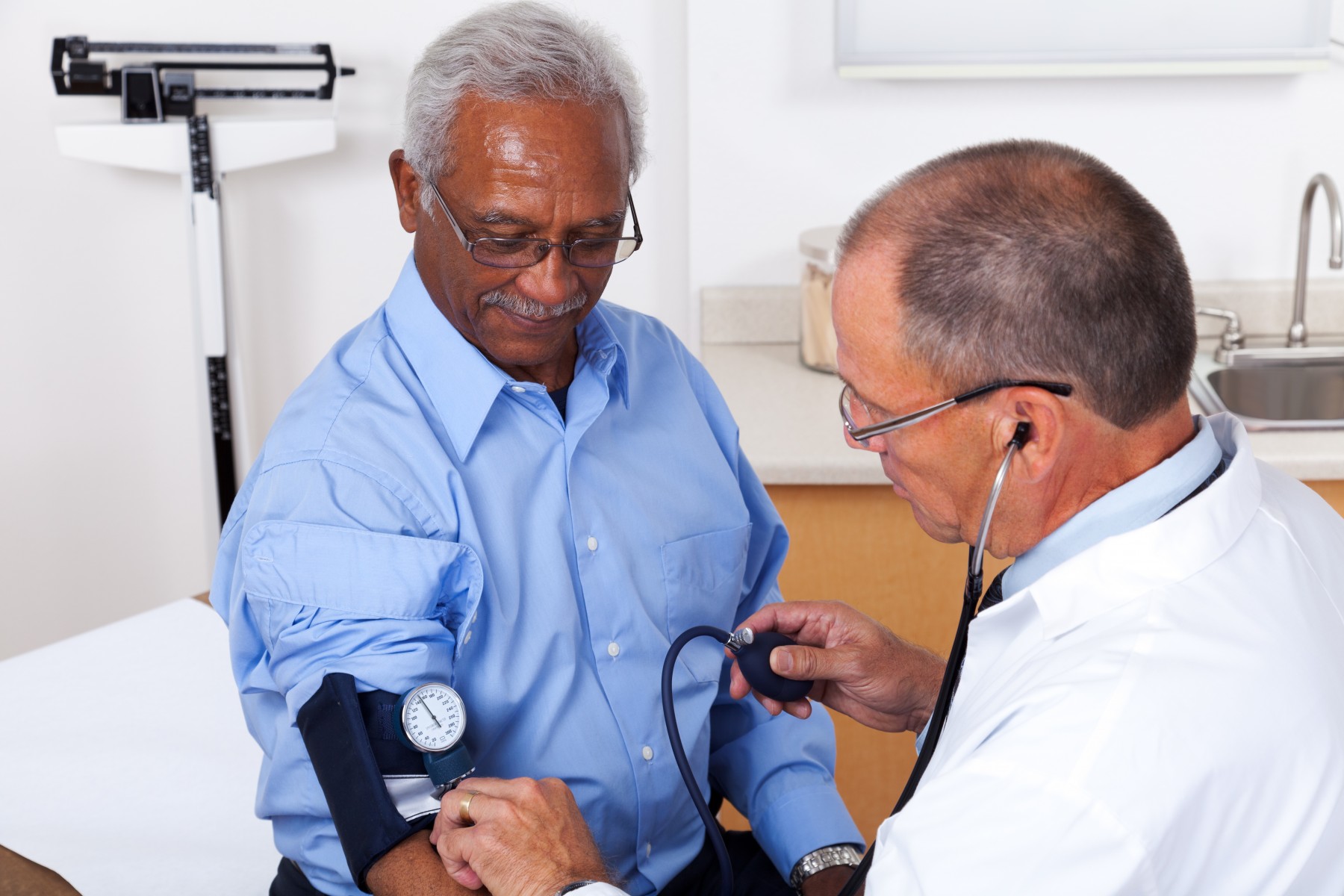CNN.com: How Barbershops Could Help Lower Blood Pressure
CNN.com recently interviewed C. Adair Blyler, PharmD, CHC, a clinical pharmacist in the Smidt Heart Institute, about how barbershops are helping to lower blood pressure in African-American men.
The CNN.com article was based on new 12-month data published in the peer-reviewed medical journal Circulation. The 12-month data backs up an earlier study published in The New England Journal of Medicine that detailed the the study’s six-month data.
Both studies prove that a pharmacist-led, barbershop-based medical intervention program can successfully lower blood pressure in high-risk African-American men.
Barbershop patron Corey Thomas, 49, of Inglewood, California, told CNN.com that the study helped him find blood pressure medication that didn’t give him the side effects that previously prompted him to stop taking his medication.
“If it wasn't for the program, a lot of guys wouldn't have known they had high blood pressure,” he said of the study. “Unfortunately, I wish we had other programs to come in, too.”
The novel study involving 52 Los Angeles County barbershops – including the one Thomas attends -- stationed pharmacists in barbershops to prescribe, monitor and adjust blood pressure medication for patrons.
Patients with hypertension have a blood pressure score above 130 over 80, although those with the first number above 120 are now considered to have elevated blood pressure. If left untreated, hypertension can lead to heart failure, stroke and kidney disease. It’s often considered a silent killer because patients typically don’t feel symptoms.
According to the research, at 12 months, the average systolic blood pressure – the top number in a blood pressure reading – fell by nearly 29 mmHg in the intervention group and by 7.2 mmHg in the control group – a difference of just over 21 mmHg.
“To a certain extent, I was surprised by the magnitude of the effect of the intervention," Blyler told CNN.com. “Especially once we sat down and looked at the blood pressure control rates and we were comparing the intervention group and the control group, I was sort of taken aback,” she said.
The study was led by the late Ronald G. Victor, MD, one of the world’s foremost experts on hypertension and community-based healthcare interventions. Victor was the first to study, and prove, that high-risk populations are more likely to be receptive to medical care in an environment where they’re most comfortable.
Click here to read the complete CNN.com story.




